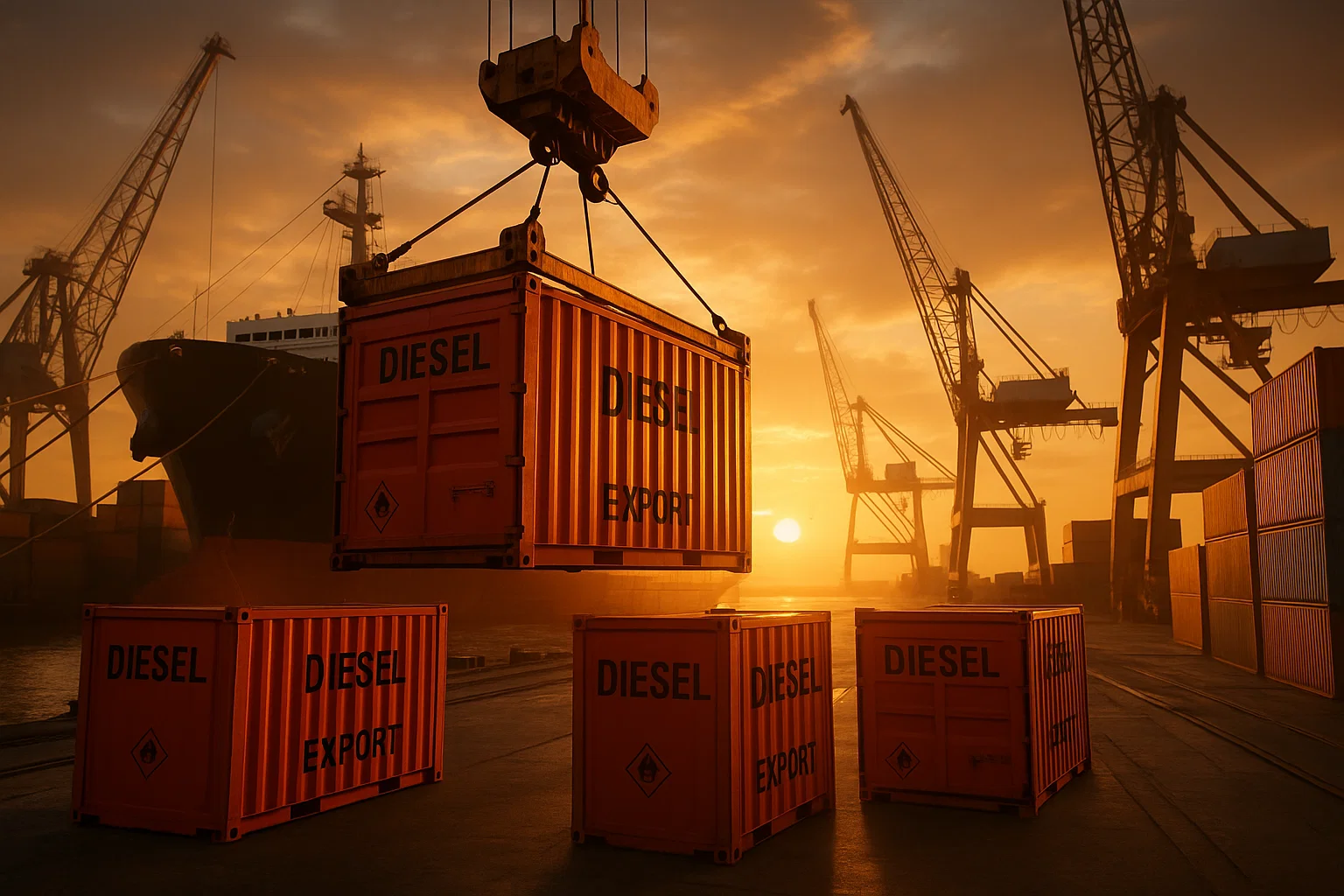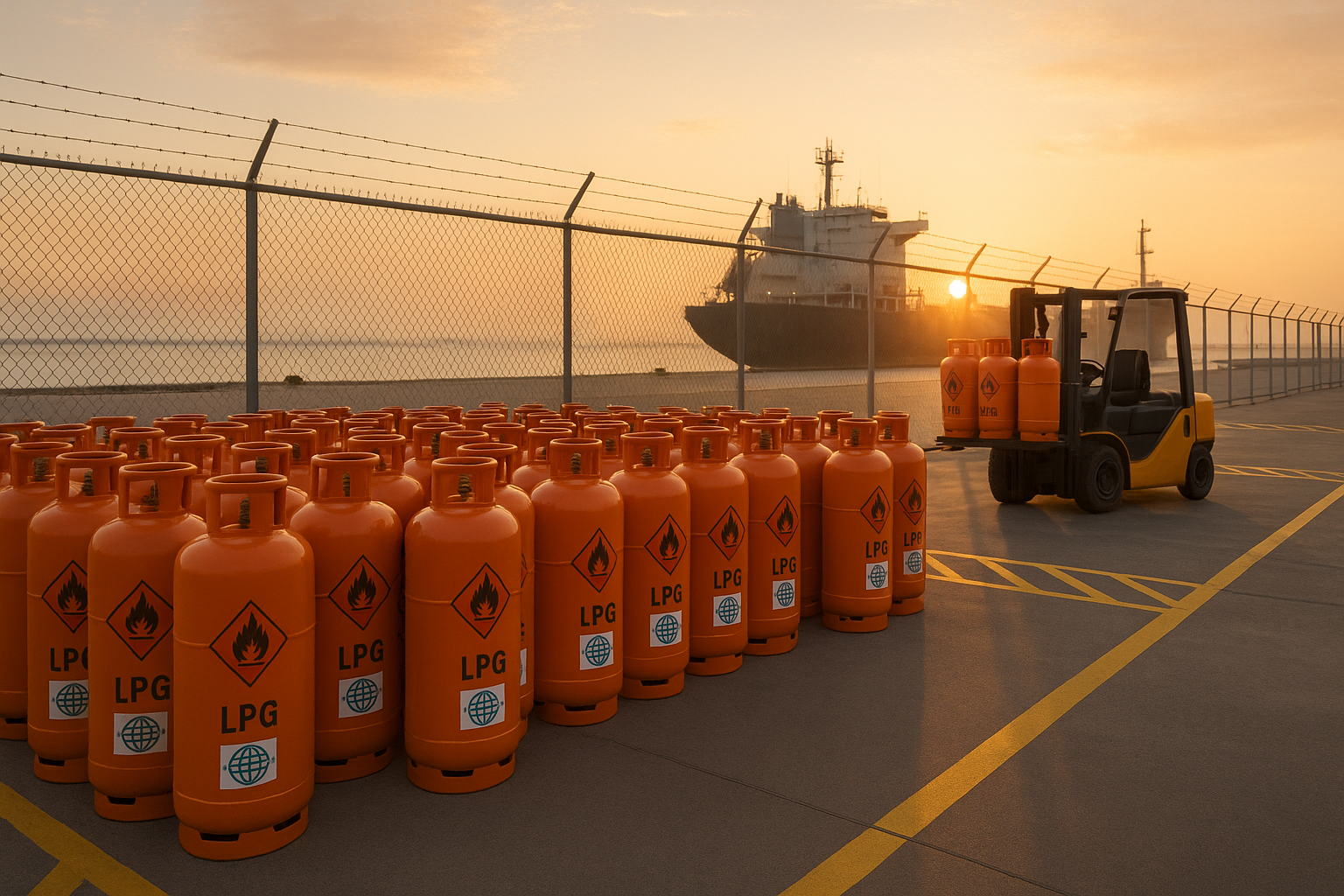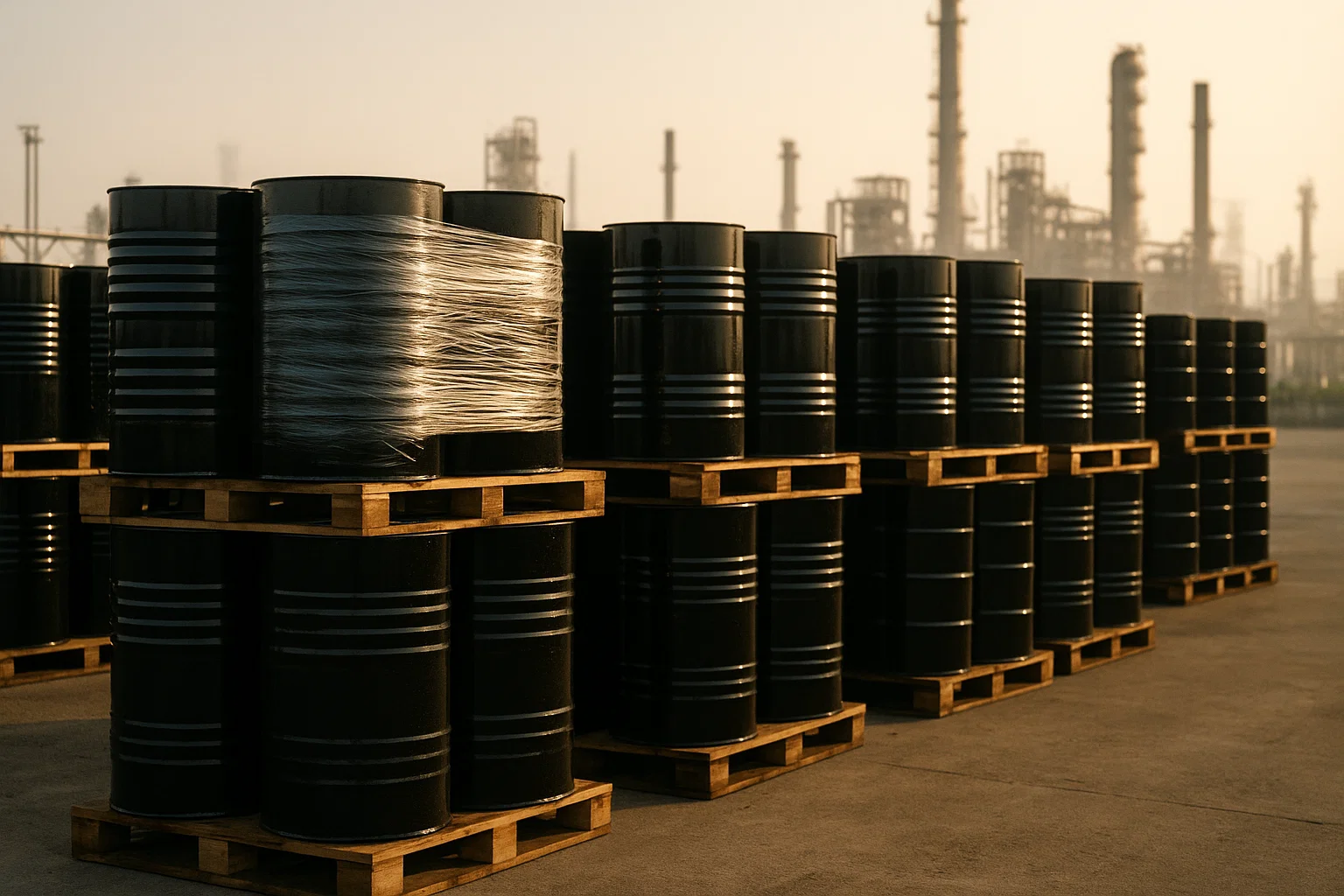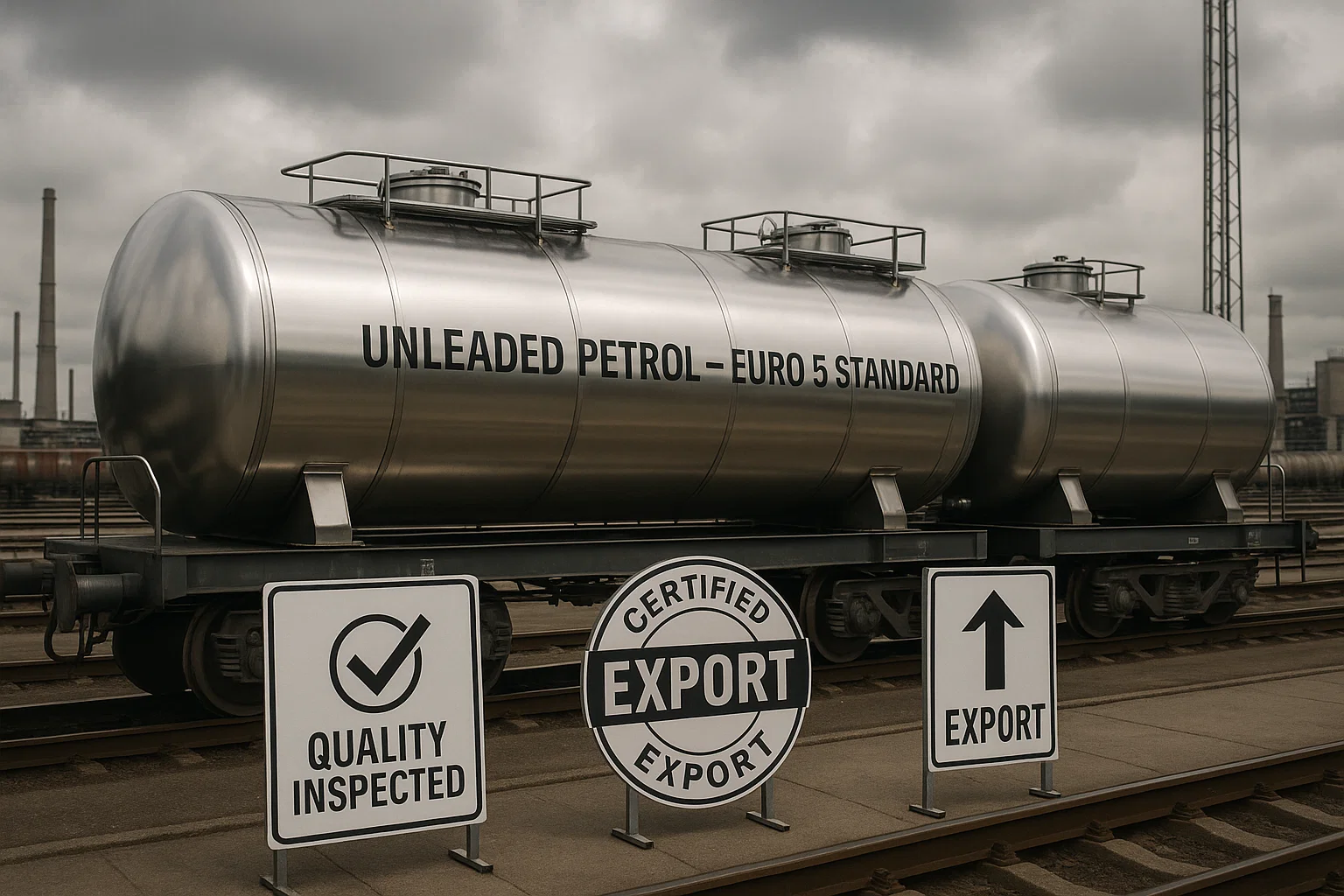Unleaded petrol, as one of the main fuels used in modern cars, constitutes an important part of the energy export market. Developed countries only allow the import of fuels that are free of lead and harmful pollutants, as these compounds severely threaten human health and the environment. Therefore, exporters are required to produce and supply petrol that meets Euro 4 or Euro 5 standards. This product must be controlled in terms of purity, vapor pressure, octane composition and sulfur content. Safe packaging in special tankers, the use of accurate sampling equipment and compliance with customs protocols to prevent product returns are mandatory. Also, understanding the target markets, examining the demand and import laws of each country can make the export path smoother and more profitable.
Recent posts

- November 14, 2024
The key role of diesel in international energy trade

- September 29, 2024
Why is LPG (liquefied petroleum gas) the future of the energy export market?

- September 29, 2024
The process of bitumen export and its widespread applications in the world

- September 29, 2024